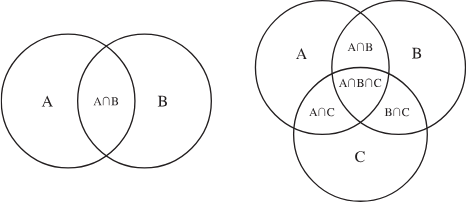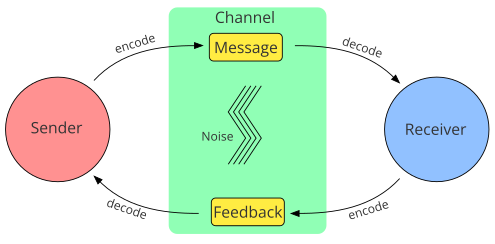These are similar questions:
Is Epistemological solipsism a contradiction?
The IEP article Solipsism and The Problem of Other Minds:
7 The Incoherence of Solipsism:
https://iep.utm.edu/solipsis/#H7
With the belief in the essential privacy of experience eliminated as false, the last presupposition underlying solipsism is removed and solipsism is shown as foundationless, in theory and in fact. One might even say, solipsism is necessarily foundationless, for to make an appeal to logical rules or empirical evidence the solipsist would implicitly have to affirm the very thing that he purportedly refuses to believe: the reality of intersubjectively valid criteria and a public, extra-mental world. There is a temptation to say that solipsism is a false philosophical theory, but this is not quite strong or accurate enough. As a theory, it is incoherent. What makes it incoherent, above all else, is that the solipsist requires a language (that is, a sign-system) to think or to affirm his solipsistic thoughts at all.
Given this, it is scarcely surprising that those philosophers who accept the Cartesian premises that make solipsism apparently plausible, if not inescapable, have also invariably assumed that language-usage is itself essentially private. The cluster of arguments—generally referred to as “the private language argument”—that we find in the Investigations against this assumption effectively administers the coup de grâce to both Cartesian dualism and solipsism. (I. § 202; 242-315). Language is an irreducibly public form of life that is encountered in specifically social contexts. Each natural language-system contains an indefinitely large number of “language-games,” governed by rules that, though conventional, are not arbitrary personal fiats. The meaning of a word is its (publicly accessible) use in a language. To question, argue, or doubt is to utilize language in a particular way. It is to play a particular kind of public language-game. The proposition “I am the only mind that exists” makes sense only to the extent that it is expressed in a public language, and the existence of such language itself implies the existence of a social context. Such a context exists for the hypothetical last survivor of a nuclear holocaust, but not for the solipsist. A non-linguistic solipsism is unthinkable and a thinkable solipsism is necessarily linguistic. Solipsism therefore presupposes the very thing that it seeks to deny. That solipsistic thoughts are thinkable in the first instance implies the existence of the public, shared, intersubjective world that they purport to call into question.
VENN DIAGRAMS - Private Knowledge and Coherent Public Subdomain
If private Minds A and B exist then shared public knowledge is the intersection of A and B. If private Minds A, B, and C exist then public knowledge is the intersection of four domains that we might call shared or public knowledge. If public knowledge exists independent of any minds, or of any particular mind, then how does it become private or public knowledge in any distinct mind(s)? Would the Universe outside private Minds be full of all possible public knowledge that somehow mysteriously makes its way into some private Minds but not other private Minds? How would anyone recognize public knowledge apart from their private Mind?
SENDER - RECEIVER MODEL - Public Messages Evoke Private Knowledge
The Sender and Receiver might need public knowledge to encode and decode messages in a manner which evokes private knowledge. But the public knowledge is still a subdomain of private knowledge and the encoding and decoding the meaning of signs or symbols are in the respective domains of private knowledge.
I think these models alone and in combination are coherent with epistemological solipsism but not with ontological solipsism.


